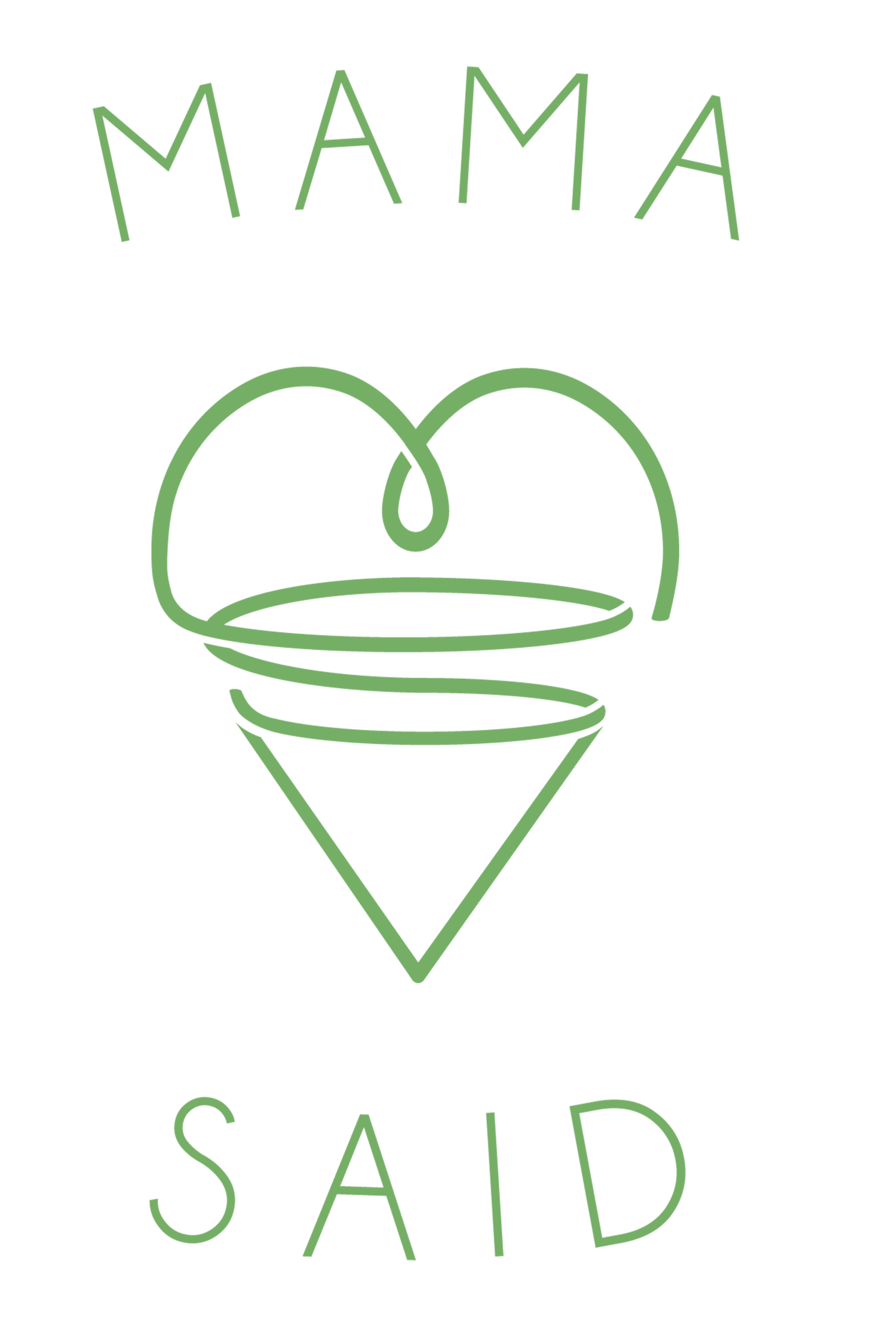The upcoming season 5 finale of HBO’s Game of Thrones is titled “Mother’s Mercy.” This is the second time a season of the series will conclude with an episode title emphasizing motherhood. Season 3 was finished with “Myhsa” or mother—a nod to one of the many names bestowed upon Queen Daenerys Targaryen.
Winter, ice, fire, and dragons are some of Game of Thrones most recognizable themes, but motherhood is just as pervasive.
Catlyn Stark’s devotion as a mother is apparent through her actions when she is living and kept alive through Brienne’s relentless dedication to protect Catlyn’s children when she is dead. Tyrion Lannister memorably quipped to his sister Cersei, “You love your children. It’s your one redeeming quality. That and your cheekbones.”
Each past season has many maternal moments, but none of them compare to the thread of motherhood woven throughout season 5 and particularly the most recent episode of the series, “The Dance of Dragons.”
Perhaps it is peculiar to linger over motherhood when Game of Thrones has many more obvious points of excitement. In these past two episodes alone the audience has been treated to an epic battle with the walking dead and men torched alive by dragon fire. The show is often horrifying and it has been criticized for its gratuitous use of sexual violence and torture.
In comparison, motherhood sounds innocuous.
To me, however, the most chilling and horrifying moment of the series came in this last episode when we were asked to watch Selyse and Stannis Baratheon burn their daughter Shireen alive for the sake of an amorphous “greater good.”
At first it is Selyse who reassure Stannis that they are making the right decision to sacrifice Shireen to the Lord of Light. The audience has come to expect this religious blindness and callousness toward Shireen from Selyse. We have watched Selyse ignore her daughter at best and berate her at worst throughout the series. The shame she feels towards Shireen and her disfigurement is palpable across seasons.
Selyse is finally shaken from her religious devotion, guilt, and shame by Shireen’s cries for help. She desperately runs to her daugher, but is unsuccessful in her attempt to save her. Ultimately, the pull of motherhood proved to be greater than any other devotion or fear.
In what feels like a world away from the icy landscape of the North, the pull of motherhood is once again present. This time it is Daenerys’s connection with her dragon Drogon. Just when it seems that death is imminent as the Sons of the Harpy close in on the Queen and her loyal advisors and protectors, Drogon swoops in to ignite those who seek to hurt his mother. Again, the pull of motherhood is so significant that Drogon can sense his mother’s fear even from a distance. This time, however, they are joined by fire rather than separated by it.
Much has been written about depictions of motherhood in pop culture. Just last week another mother, the Wildling leader, Karsi in Game of Thrones was highlighted in an article in the Chicago Tribune titled, “How TV Gets Motherhood Wrong.” Stacia L. Brown lamented,
Like Karsi, each of the women is established as calculating, confrontational and, when the occasion calls for it, unyielding. They're capable of besting giants and pirates and any number of supernatural forces set against them. But a mere mention of their kids and the characters as well as audiences are expected to allow these women's status as mothers to supersede their other traits.
Brown’s words suggest that she resents the “pull of motherhood” depicted in Game of Thrones and various other television programs. She goes on to explain that even as maternal characters become more nuanced in many shows there is a still a desire to use motherhood as a “narrative shorthand for empathy, particularly a crippling empathy.”
Should mothers feel proud to possess an unmatched empathy both on screen and in real life? Is the ever-present narrative of the self-sacrificing mother damaging to women and families? My answer is “yes” to both of these questions, but the question of what to do about this conflict of interests remains unanswered.
I can’t help but root for the mother who runs to her daughter in pain or the Mother of Dragons who calmly stands in front of the mythical creature she considers her child as he screeches terrifyingly in her face. How many millions of women meet their little creatures with empathy and warmth even as they are screeched at? And how many feel exhausted, frustrated, and isolated as a result of boundless generosity to others?
Mama Said was created to address the delicate dance between motherhood and personhood. I refuse to ever see empathy as a weakness, but I also refuse to endorse a narrative in which mothers continue to give at the cost of their identities. Mama Said exists to draw our attention to the experience of motherhood and begin to address some of the questions I have posed here. I hope that our programming will emphasize the power of motherhood in its most quiet and loudest forms while offering a space for learning and questioning. Not all are mothers of dragons, but how can we establish a world in which mothers are treated as queens?










